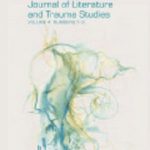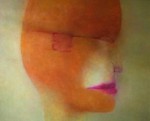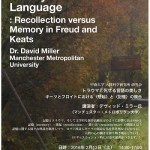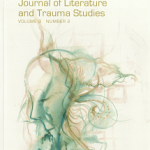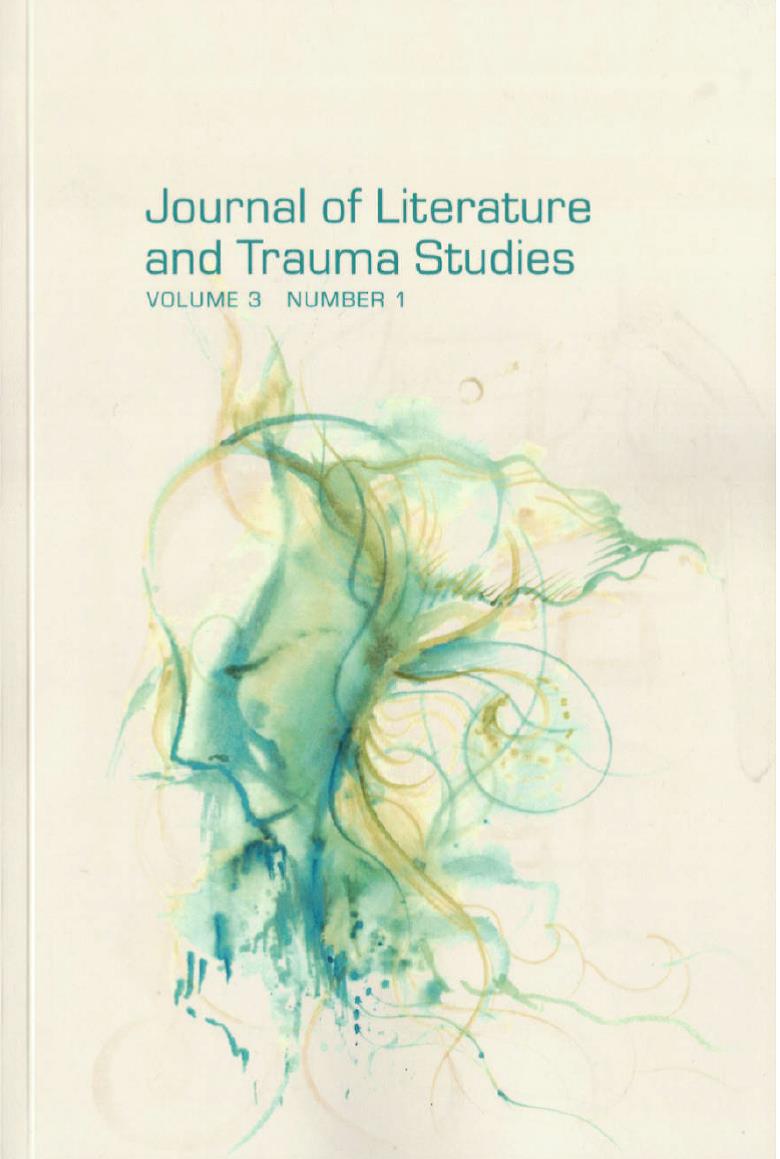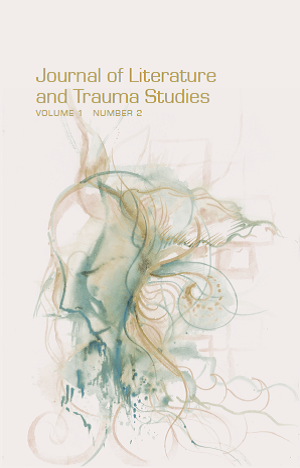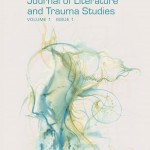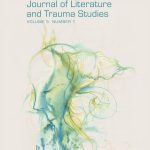
The articles here—focusing on the experience and manifestations of trauma in North African, Armenian, and Arab literatures— seek to articulate the relationships of trauma, suffering, and literature in critical and hermeneutic modes that are rooted in the contexts themselves. One strand that stands out in all the articles here is a concern with the “history” of suffering and the possible narration, poetic or prosaic, of the past and the struggle that must occur for the essential nature and significance of that suffering to emerge into clear and full historical recognition. This issue attempts to contribute to this necessity, incorporating articles that cover notions as diverse as the concept of “Levantine literature” and the status of the “voice” in a dialogue of Jewish and Arab literatures, the public role of the poet in relation to human rights and illegal incarceration, the gendering of the Algerian national liberation struggle, and the conceptual and literary significance of the attempted Armenian genocide. All these articles attest to a strong sense of an expanding perspective and the renewing force of literature and trauma studies as it establishes its conceptual vigour and literary and intellectual significance.

